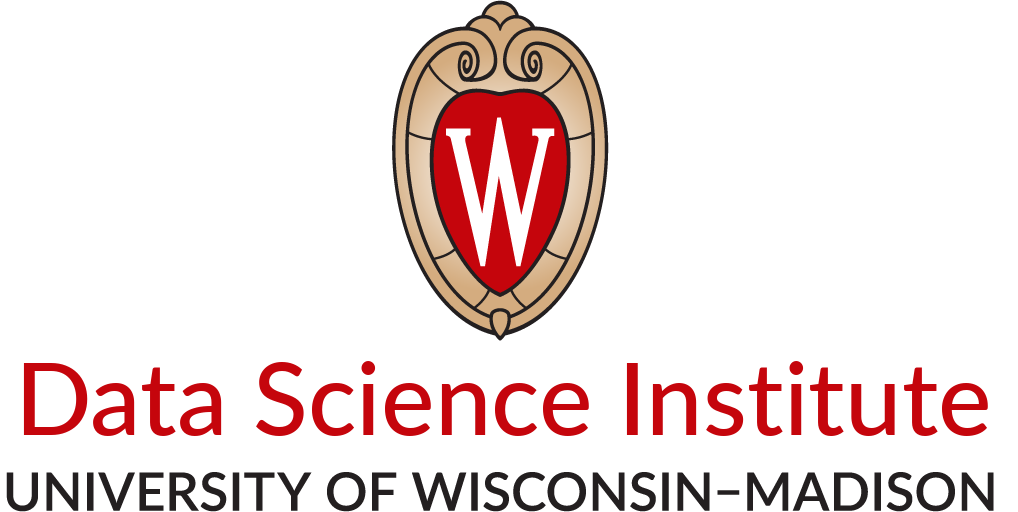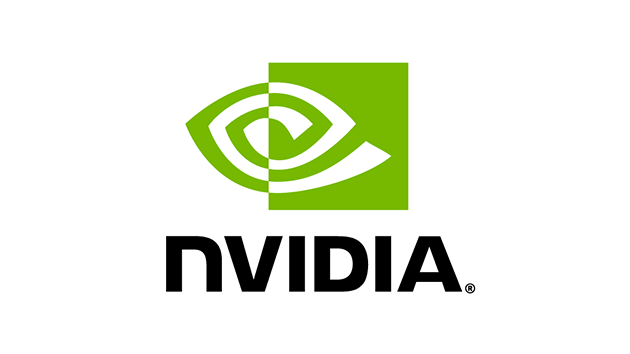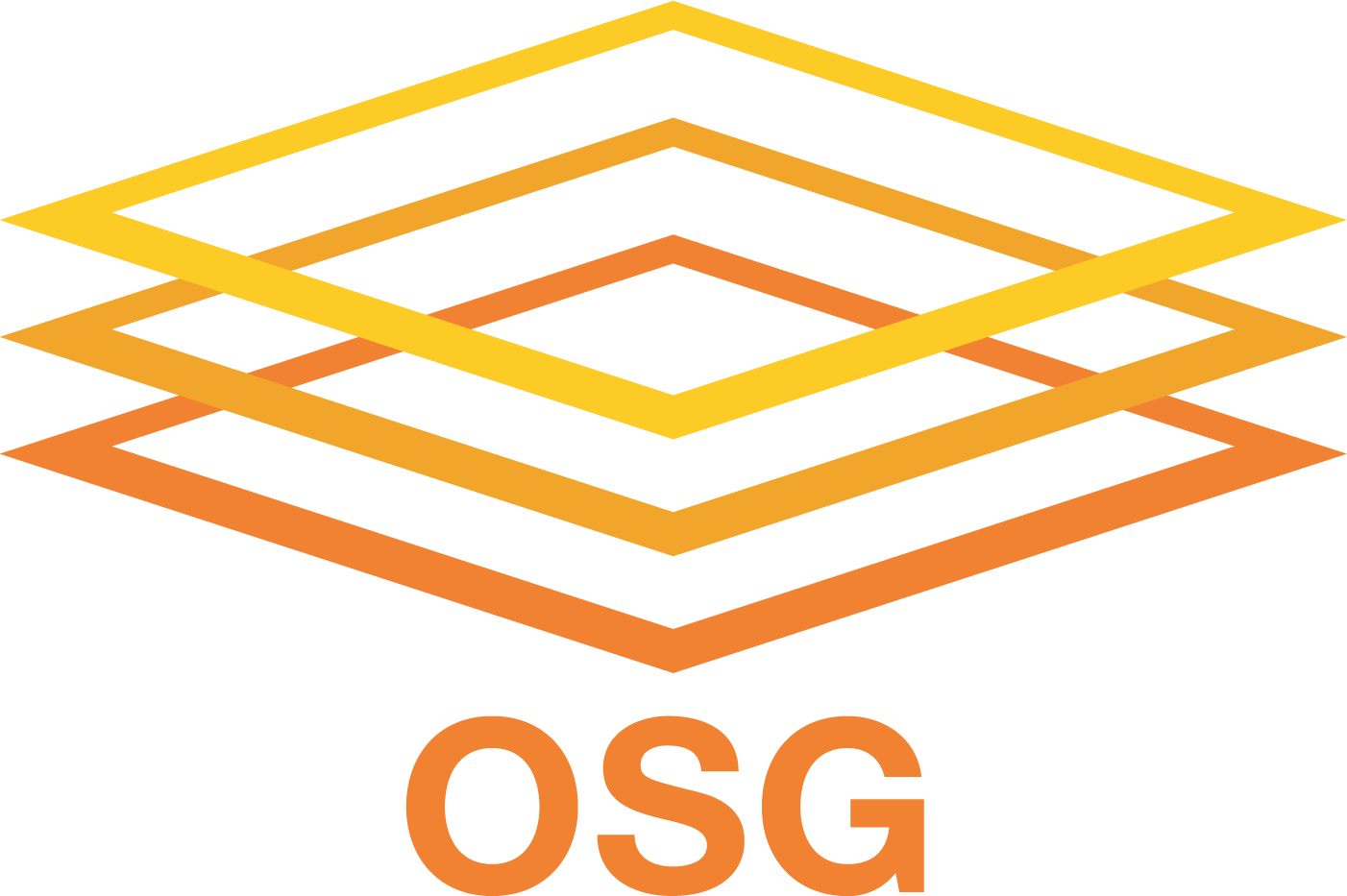National Workshop
Scientific researchers need reproducible software environments for complex applications that can run across heterogeneous computing platforms. Modern open source tools, like Pixi, provide automatic reproducibility solutions for all dependencies while providing a high level interface well suited for researchers.
This in-person workshop will provide a practical introduction to using Pixi to easily create computing environments for scientific and AI/ML workflows that benefit from hardware acceleration, across multiple machines and platforms. The focus will be on applications using Python machine learning libraries with CUDA enabled, as well as deploying these environments to production settings in Linux container images. This workshop will not teach machine learning concepts, but will focus on the methodologies and tools to make existing machine learning workflows reproducible.
The afternoon sessions of the workshop will focus on applying the morning lesson content to real applications, and so participants are strongly encouraged to bring a research project (or idea) with them to the workshop to apply what they learn.
Registration is currently FULL. If participants are unable to attend their registration slots will be made available again, so check back in the next week.
Participant Information
No prior experience with these tools and technologies is expected to participate in the workshop, though if you do have experience that is great. Participants who do not have experience with machine learning but have interest in general hardware acceleration for computing are encouraged to register for the workshop also (the workshop focuses on enabling reproduction for existing hardware accelerated workflows, not machine learning techniques).
Basic experience with:
- file systems
- version control with Git
- and programming in Python (or a similar language)
is expected.
The workshop is free and there are no fees associated with it. To participate please apply to register for the workshop.
Who should apply to participate in this workshop?
The target audience the workshop material was designed for is "early career researchers" but that should be broadly interpreted. All career stages (from students to faculty and staff) are welcome to apply and participate!
Participant requirements
Participants will need to have the following things to participate in the workshop
- A laptop
- We will be using the command line so you will need a terminal emulator program installed (e.g. Terminal, Ghostty, Windows Terminal). Your operating system's default one is fine.
- You will be installing software onto your machine so you will need some free disk space as well
- You will be writing some configuration files and code so you will also need a text editor program (e.g. VS Code, Vim, Emacs) that you know how to use installed
- If you are using Windows, it is strongly recommended that you use the Windows Subsystem for Linux (WSL 2) and Windows Terminal.
- A personal GitHub account
- It doesn't need to be GitHub (GitLab.com or some other alternative would be fine too) but for the sake of consistency of instruction GitHub is preferred.
Limited lodging stipend
Registration for the workshop is free, and for a limited number of (non-local to Madison) participants, three (3) nights of lodging at the workshop hotel will be covered in a lodging stipend. To be eligible for the lodging stipend you must apply for it during registration. Decisions on lodging stipends will be determined by Friday, July 18th (2025-07-18) at the latest.
Workshop resources and references
Materials and resources
References
If participants feel they would benefit from review of some of the foundational material of the workshop they might consider the following lessons from The Carpentries
While no machine learning or deep learning background is assumed for this workshop, participants may also wish to explore these Carpentries resources in the future:
- Introduction to Machine Learning with scikit-learn
- Introduction to Deep Learning
- Introduction to Natural Language Processing / Text Analysis
- Trustworthy AI: Validity, Fairness, Explainability, and Uncertainty Assessments
Instructor team
- Matthew Feickert (UW--Madison, Data Science Institute)
- Chris Endemann (UW--Madison, Data Science Hub)
- Ryan Bemowski (UW--Madison, Data Science Hub)
- Raheem Hashmani (UW--Madison, Data Science Institute)
Acknowledgements
This workshop is supported by the US Research Software Sustainability Institute (URSSI) via grant G-2022-19347 from the Sloan Foundation.
The workshop used services provided by the Open Science Grid Consortium [1,2,3,4], which is supported by the National Science Foundation awards #2030508 and #2323298.
The University of Wisconsin-Madison Data Science Institute provided additional support.
NVIDIA provided cloud GPU resources on the Brev platform.
 |
 |
 |
 |
